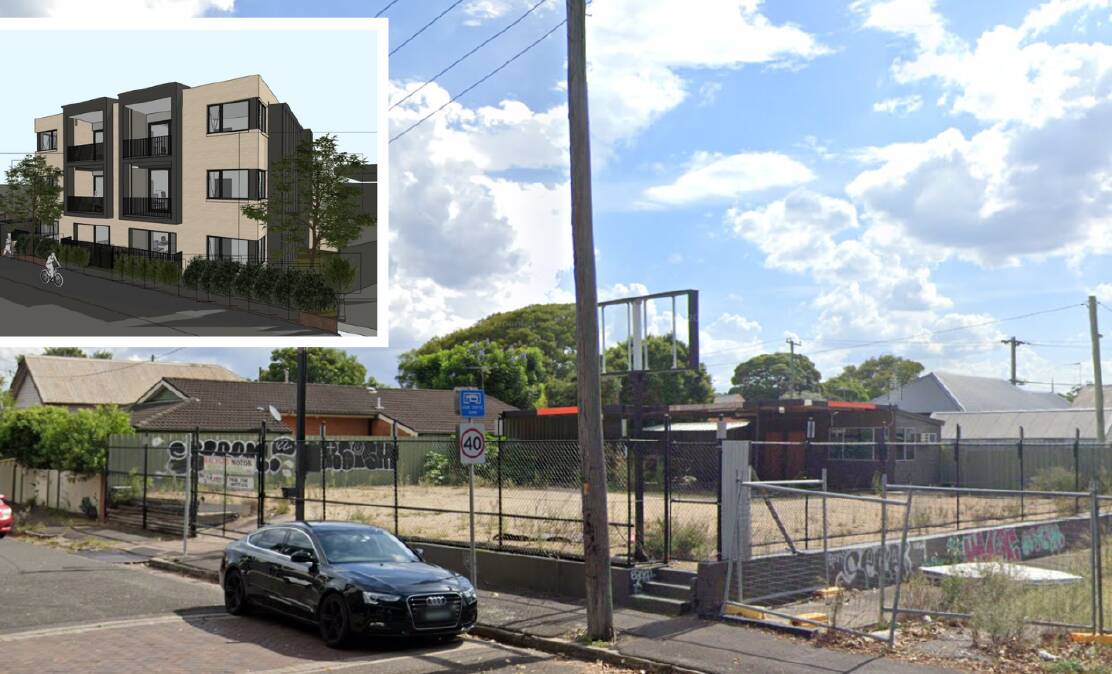Community concerns about group homes were raised in a debate to approve a residential disability development in Islington.
The three-storey group home was endorsed by Newcastle councillors for 1b Islington Street on August 15. It will by run by 4 U Care and contains six, two bedroom units and an office with sleeping facilities for carers.
But Labor councillor Margaret Wood, who co-chairs City of Newcastle's Access and Inclusion Advisory Committee, voted against the proposal alongside Greens councillor Charlotte McCabe.
Cr Wood said group homes in the past had been criticised for not providing the expected level of care.
"One of the complaints of group homes is that essentially they're run in such a way as to really suit the needs of the organisation providing the support services and the tenancy rather than actually being centered on the needs of the residents," Cr Wood said.
"There have been concerns expressed to the Disability Royal Commission regarding this kind of model where participants are arguably quite vulnerable because it's the same service provider with control over their tenancy as the service provider providing care workers."
She said there would be a further report from the royal commission in October that will address the issue, which left the council in a tricky situation.

"We're not determining this application under the guidelines of the NDIS," Cr Wood said. "We're determining this application under planning legislation and planning instruments.
"There is a broader social good in this sort of development that it's providing accommodation for individuals with extremely high needs who require a lot of care and support, who require significant modifications to their living circumstances.
"And all of this is preferable to having individuals such as these participants residing in aged care homes.
"But I am concerned that there may well be some very strong recommendations coming out of the royal commission about this type of accommodation."
However deputy lord mayor Declan Clausen said NSW housing policy allowed for the approval of group homes with up to 10 bedrooms as complying development "and in some circumstances without consent".
"This D/A clearly sits within a structure of NSW planning legislation that enables this as a permissible land use," Cr Clausen said.
4 U Care managing director Jono Dunn agreed that large group homes were "not the way forward", but said this was not a typical group home.
"The town planning framework called it a group home, but it is actually six individual, two-bedroom apartments," Mr Dunn said. "So the most you will ever live with is one other person and there's a pretty comprehensive matching criteria that goes with that.
"Granted they're in the same block but it's no different to the style of living that a lot of people live in, in high density locations."
Mr Dunn also acknowledged the potential conflict of being both the landlord and care provider, but said 4 U Care had measures in place to manage this.
"We've got a conflict of interest framework in our agreements with each participant, and that's disclosed up front," he said. "It also lays out how they can seek alternate supports while living in that dwelling.
"The other part is that we have a skill set. We sell support and to do that in the community is quite straight forward because you don't require infrastructure, but to do it in a complex setting for people that really need it, and the demand shows that people need it, we weren't able to get access to the bricks and mortar without doing it ourselves.
"So I don't dispute there's conflict there. We have a strict governance and compliance framework to do that through the NDIS.
"Ultimately we're answerable to the participants because if we're not doing a good job, they can choose to take their funding elsewhere and live somewhere where they think their rights are better respected.
"If we're not doing a good job, we're not just marginalising the participant but our capacity to keep providing support for people who need it."
NDIS data shows there are 126 participants in Newcastle, Lake Macquarie and Maitland seeking specialist disability accommodation.
Another issue at council was the building's proposed height of 11.8 metres, which is 25.8 per cent higher than the development standard.
Greens councillor John Mackenzie said the development was in a high-density corridor, near some of the city's best parkland, amenities, bus stops and services, so felt the height exceedance was justified.
Mr Dunn said additional ceiling height was needed in each apartment to install hoists, and commended the council for "having an open mind to make it work".







